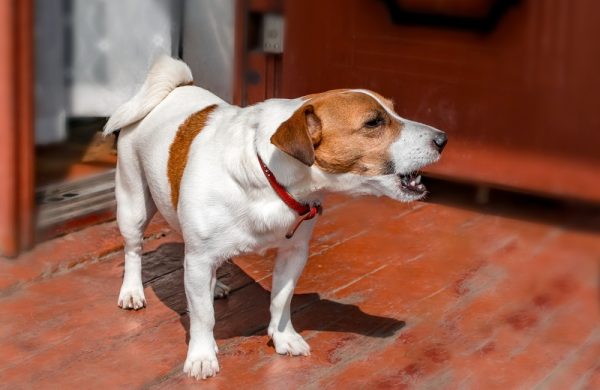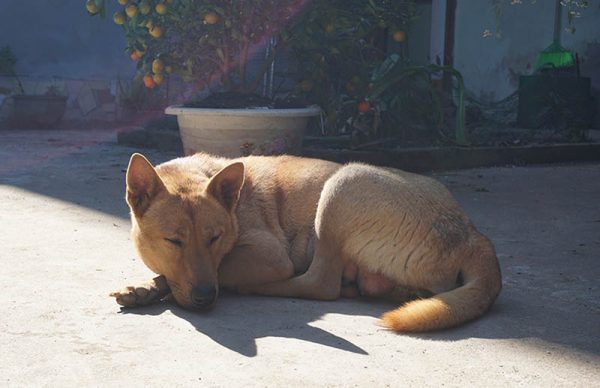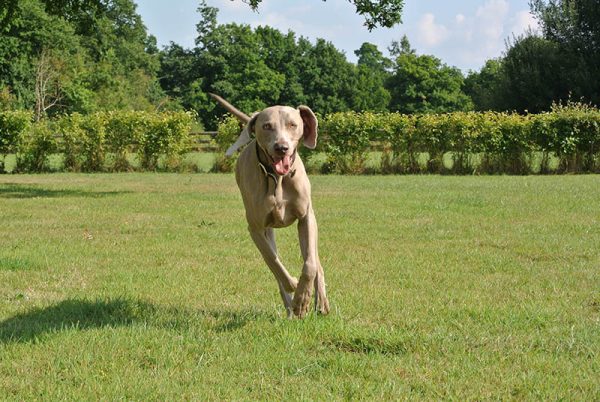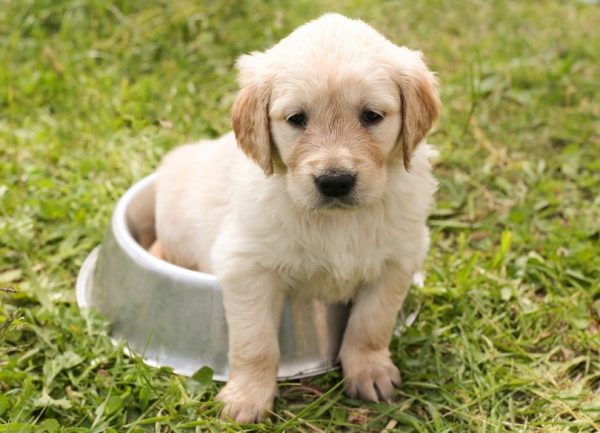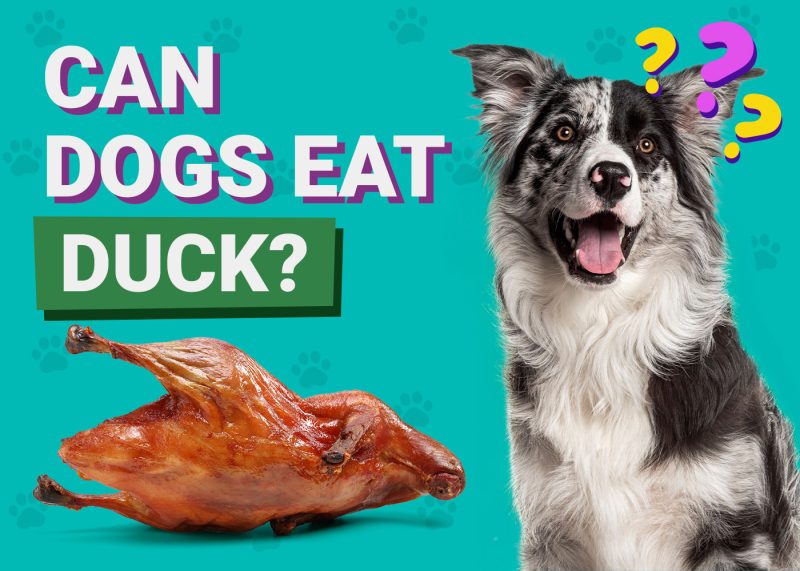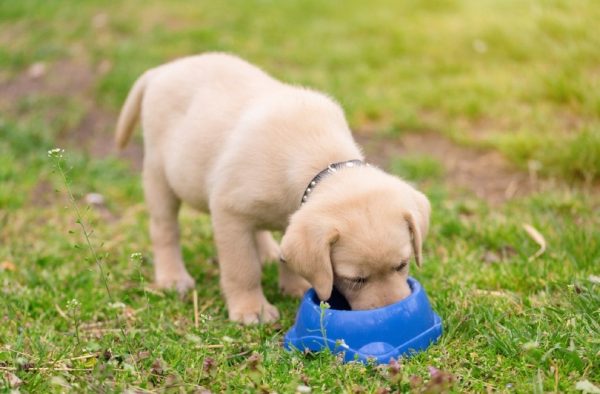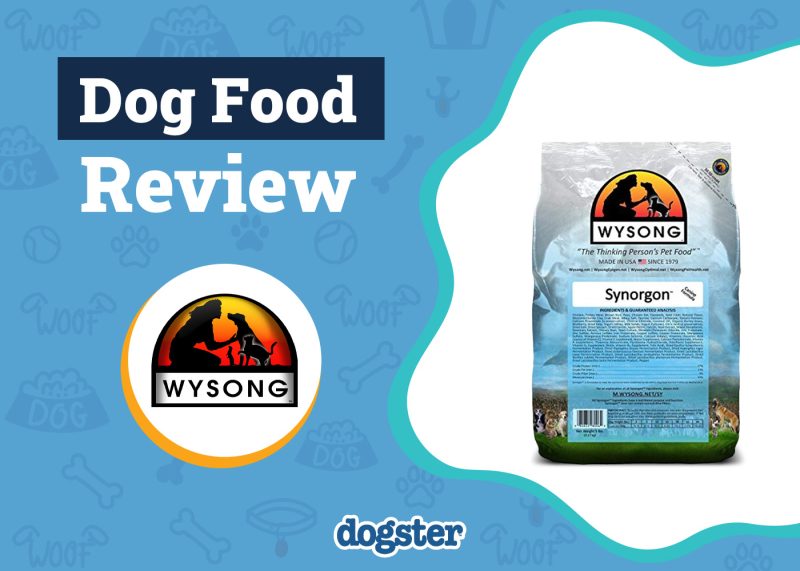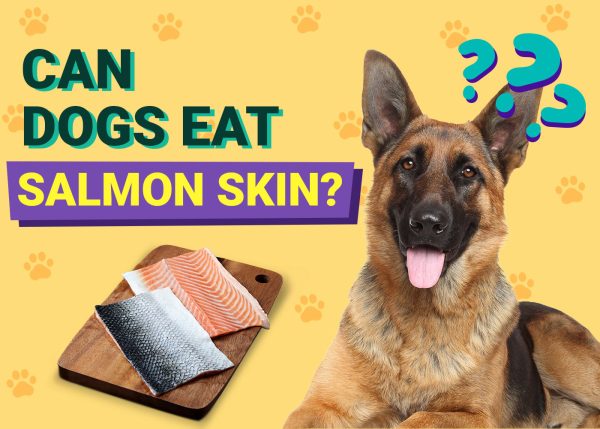Goat cheese might not be among America’s top 15 most consumed cheeses, but it certainly has its fans. You probably won’t have any problem getting your dog to eat it, but does that mean you should? The answer raises more questions everywhere you look.
Suffice it to say that plain, commercially produced goat cheese is not toxic to dogs. However, there are concerns on several fronts, from the production method to the ingredients to the effects of giving your pup goat cheese. Understanding the pros and cons is an excellent place to begin our discussion. So, can dogs have goat cheese? Let’s get into the details.

Can Dogs Eat Goat Cheese? It Depends
Let’s start with plain, soft goat cheese. A 1-ounce serving contains roughly 75 calories. It has nearly equal amounts of protein and fat while also providing an excellent source of calcium, phosphorus, and vitamin A. We noted the type because things change when you opt for semi-soft or hard goat cheese. The removal of whey eliminates excess moisture and concentrates the product.
That ups the calorie count to 103 and 128 calories respectively. However, it also increases the nutrient content, making hard goat cheese the best on this front. Nonetheless, it means more fat. While it has less than other products, it can still upset a dog’s digestive system if the animal isn’t used to a high-fat diet or lead to pancreatitis. Still, further pros and cons exist.

Benefits of Feeding Goat Cheese to Dogs
We discussed the palatability of goat cheese. Dogs usually gobble their food, anyway, and don’t often need any persuasion. It can be a boon if you have to give your pup meds. Simply stuff the pill in a bit of cheese and watch it disappear. It has a tangy taste that may mask the unpleasantness or bitterness of some drugs. It may offer a viable alternative for pets with more discriminating tastes.
Goat cheese doesn’t have much, if any, sugar. It’s an excellent source of calcium, vitamin A, and essential fatty acids. The various forms can make it easy to give to your dog. However, the cons outweigh the pros if we consider the complete picture.
The Risks of Giving Your Dog Goat Cheese
We’ve mentioned calories and fat. The calories in a 1-ounce serving may not sound like much, but they could wreak havoc on your pup’s weight. For example, a 20-pound dog (at an ideal weight) should get around 500 calories daily. That seemingly small treat is nearly a fifth of what your pet should get for the entire day without providing the same nutritional value as their food. That only scratches the surface of the other issues.
We’ve emphasized plain goat cheese for a reason. You’ll find many variations on the theme, with many added ingredients. For example, can dogs eat blueberry goat cheese? What about goat cheese with herbs? These types of flavored cheeses often include things dogs should never eat, like onions and garlic. Some may contain problematic herbs and spices, such as dill or nutmeg. Some could also include added sugars, which aren’t ideal for your pooch.
Another concern rests with allergies. Despite what marketers claim, dogs are more likely to be allergic to animal-based proteins like beef and chicken than grains. However, another allergen vets often see is dairy products, which may take goat cheese off the menu for your pooch.
- Excessive scratching
- Chronic ear infections
- Hair loss
Of course, these signs aren’t diagnostic. Many other conditions can trigger these red flags. Some animals may have problems with goat cheese because they are lactose intolerant. Affected dogs may show signs similar to people, including bloat, abdominal pain, and GI distress. It’s worth noting some pups with allergies may also present with digestive upset.
Goat cheese may be less problematic because it contains galactose instead of significant lactose content. However, many products contain a mixture of milk sources, including sheep and cows. Therefore, you must check the label for this information.
Many countries have different riffs on goat cheese and how it’s produced and used. Plain goat cheese is one thing. Meanwhile, cooking with Greek Kasseri cheese with other problematic ingredients is another matter altogether because it poses other health risks. You must consider everything in your preparation of goat cheese to play it safe.
If you need to speak with a vet but can't get to one, head over to PangoVet. It's our online service where you can talk to a vet online and get the advice you need for your pet — all at an affordable price!
The Raw Milk Myth
We’d be remiss if we didn’t address another issue involving goat cheese, namely, raw products. They are foods that haven’t been pasteurized. Many people have the erroneous belief that consumption of raw milk and its derivatives offer health benefits. Research seems to show that the opposite is true. We also must remember what pasteurization brought to society.
Tuberculosis from bovine sources plagued the early 20th century, and thousands died. Risks exist today from pathogens in raw milk, such as Listeria monocytogenes, Escherichia coli, and Salmonella spp. They are some of the worst foodborne illnesses anyone can contract. Pasteurization eliminates the pathogens that can cause these illnesses, and the FDA warning not to eat these products extends to pets.
Therefore, we strongly urge you not to give your pup goat cheese made from raw milk. Many viral and bacterial diseases your pet can get from this product are zoonotic or transmissible to people. Children, the immunocompromised, and seniors are most vulnerable.

Frequently Asked Questions
How Does the Fat Content of Goat Cheese Compare to Other Types?
Goat cheese has a high-fat content compared to many dairy products. That may upset the GI systems of some pets. It also poses an obesity risk.
How Should I Give My Pup Goat Cheese?
We recommend starting slowly with any novel food. Only give your pooch a small piece and observe their response. If your dog is allergic or intolerant, you’ll notice signs relatively quickly after ingestion.
How Long Does Goat Cheese Last?
An opened package can last up to 2 weeks as long as it has been stored properly in the refrigerator. Wrapping the product in parchment or wax paper is the best way to safeguard the cheese.

Conclusion
Goat cheese has been a part of many cultures for centuries, given the fact this animal was likely the first one humans domesticated. Sharing food with a pet is part of our collective history. A small piece of plain goat cheese probably won’t hurt your pup. However, we recommend discussing your decision with your vet. Allergies and intolerances are wild cards with any new foods you give your pooch.
See Also:
- Goat’s Milk for Dogs: Vet Reviewed Benefits, Uses & More
- Can Dogs Eat Sunflower Oil? Vet Reviewed Facts & FAQ
Featured Image Credit: Moving Moment, Shutterstock






